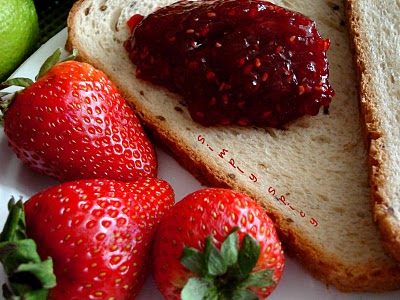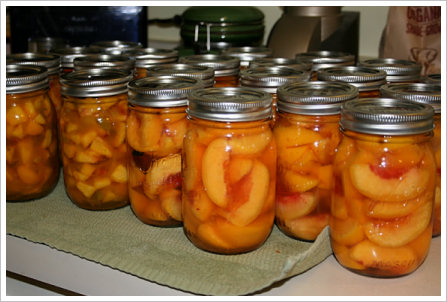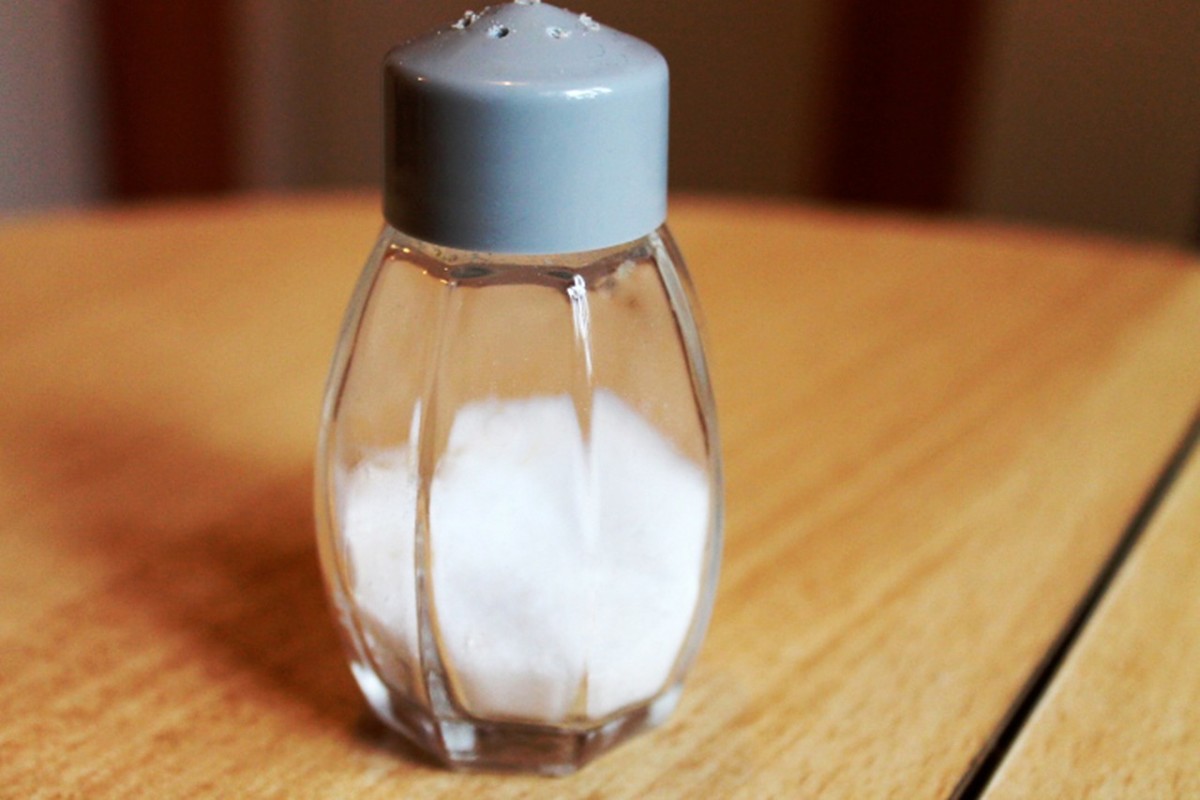Advantages of Glass Containers for Food Storage
At some point during the 50s, possibly after the millionth annoying Tupperware party, Moms came under the spell of a mediocre plastic product. Inventor Earl Tupperware sold his company in 1958 for a hefty sixteen million, allowing him to retire for life. The rest of us common folk were left with something to overflow landfills with.
Like millions of North Americans, I grew up with Tupperware. When you’ve stored leftovers in plastic for most of your adult life, it’s harder to question whether it really is a good idea. Heaven forbid mother was wrong all those years.
Food storage is not something people place much importance on, and yet proper storage is critical to your health. Most people are unaware that glass containers provide a vastly superior way to keep food fresh. In addition, you and your family avoid the toxins associated with plastic. Lastly glass is one of the best materials for recycling, so you can do your part to reduce waste for a cleaner planet.

Glass Trumps Plastic in Freshness Battle
A user on the Chowhound discussion board ran a test comparing glass jars versus FresherLonger and cheap Rubbermaid containers. Two food variants were used in tests in which glass jars were employed: whole strawberries and sliced strawberries.
Even after two weeks whole strawberries were supermarket fresh in both the FresherLonger containers and glass. The berries stored in the Rubbermaid lasted from 7 to 10 days.
In the next trial glass jars were the clear winner. Nasty mould developed in FresherLonger containers with sliced strawberries inside, despite marketing claims that it inhibits mould. Glass jar strawberries developed no mould, even after nearly two weeks.
Toxins in Tupperware
It turns out that “microwave safe” is an ironic term. Plastic containers, usually with the “7” recycling symbol, can leach BPA into food after being microwaved, or heated up in the dishwasher.
According to recent studies, more than 90 percent of U.S. residents have bisphenol-A, or BPA in their urine. Biologists note that the manmade compound wreaks havoc with hormones. In animal studies it caused early puberty in mice, and full-on sex changes in fish.
The FDA and federal agencies haven’t gotten involved since they are unsure about of the safety of BPA. No matter, it doesn’t make sense to store your food in a substance that spreads contaminants when there are affordable alternatives.

Glass is Better for the Environment
Plastic advocates argue that glass takes more energy to produce, and that making it results in 40% more environmental waste. What these statistics fail to consider is that people go through more plastic containers, while glass jars last indefinitely when handled with care.
The main culprit is consumerism. There is always some new gimmicky plastic Tupperware product you need to buy, and it’s easy to get suckered in with the belief its better than the last one. Glass products are impervious to fads. There are mason jars in my basement that are older than I am.
The Verdict
Glass jars are better for food storage than plastic containers for a multitude of reasons. They haven’t changed much throughout the years, and this is a testament of the staying power of glass. If something works well, why mess with it?








